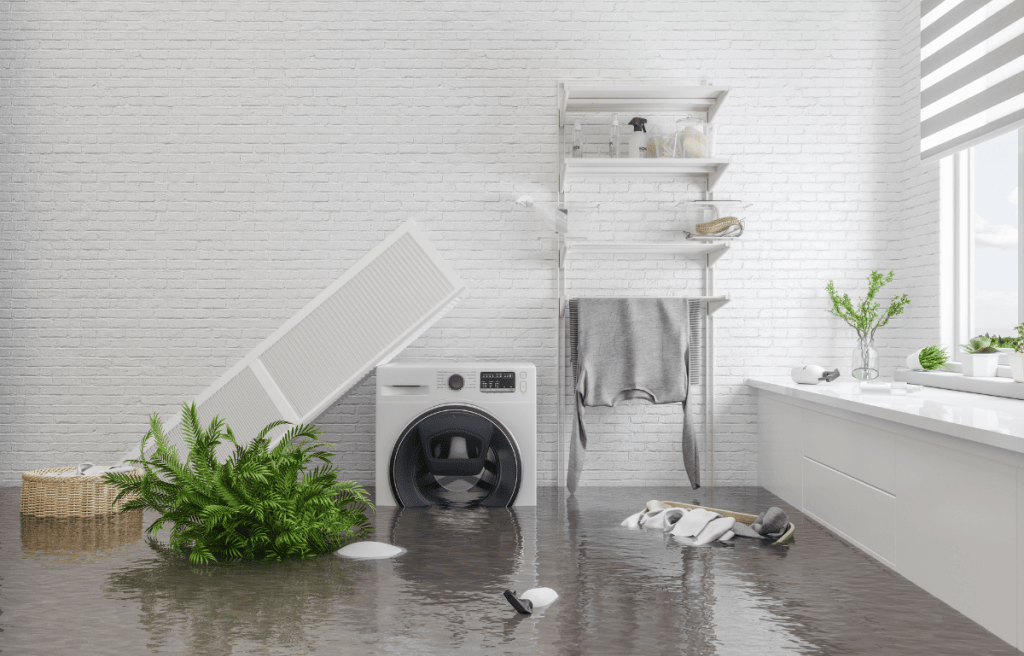Flood Restoration NZ: The Hidden Risk of Undertrained Restorers
Discover why undertrained flood restorers put your NZ home at risk. Learn how to identify poor restoration practices and protect your insurance claim with expert assessment.
BLOG POST


Flood Restoration in NZ: The Hidden Risk of Undertrained Restorers
In the aftermath of flooding events in New Zealand, homeowners face a critical decision that could impact their property's recovery: who to trust with their flood restoration.
The Qualification Crisis in Flood Restoration
One of the most significant issues we're encountering isn't just poor workmanship—it's that many restorers simply aren't qualified to perform proper flood damage restoration.
With increasing demand for water damage and drying services following recent weather events, we've seen a concerning trend: general cleaners and carpet cleaning companies rebranding themselves as water damage restoration specialists. While their intentions may be genuine, the outcomes for homeowners can be devastating.
What Undertrained Operators Typically Lack:
Formal IICRC or RIA certification (Institute of Inspection, Cleaning and Restoration Certification or Restoration Industry Association)
Working knowledge of psychrometry, structural drying principles, and moisture movement science
Ability to identify when floors, skirtings, wall linings, or subfloors require full removal versus targeted drying
Understanding of contamination class & categories and their health implications
Real Examples of Poor Restoration Practices
As independent assessors, we regularly encounter the aftermath of inadequate flood restoration work:
Wet carpet left attached to tackless strips after flooding, preventing proper drying
Saturated underlay left in place, with the surface carpet declared "dry" despite hidden moisture
Use of basic household dehumidifiers or fans instead of commercial-grade drying systems
No moisture readings, mapping, or drying logs provided to verify the effectiveness of treatment
Complete lack of understanding regarding Category 2 or 3 water risks (grey/black water contamination)
Why Proper Flood Restoration Matters for Your Insurance Claim
When restoration isn't performed according to IICRC standards and fundamental drying science principles, the consequences can be severe:
Hidden moisture pockets that reappear weeks or months later as staining or mould
Persistent odours, mould growth, and secondary structural damage
Insurance claims being reopened, taking longer than neccesary or disputed—resulting in higher overall costs to insurers
Inadequate identification of proper drying and decontamination needs is a common issue. Not all water-damaged areas can be restored with surface drying alone — in many cases, strip-out, targeted decontamination, and deep drying (including subfloors, wall cavities, and structural framing) are essential to remove trapped moisture and prevent long-term damage.
Homeowners facing extended repair timelines and diminished trust in the claims process
The financial implications are significant: what could have been a $2,500 professional drying job often escalates into a $10,000+ remediation and reinstatement project.
How to Protect Your Home After Flooding
Ask about IICRC or RIA certification - Ensure your restorer holds relevant certifications like WRT (Water Damage Restoration Technician) or ASD (Applied Structural Drying)
Request documentation - Professional restorers should provide daily moisture readings and drying logs
Understand the contamination level - Different water categories require different treatment approaches
Consult an independent assessor - Get unbiased advice about the appropriate restoration methods for your situation
At The Assessing Co, we help homeowners navigate flood damage claims and ensure restoration work meets industry standards. Our independent assessments can identify whether proposed restoration methods are appropriate and compliant with best practices.
When to Seek Independent Insurance Assessment for Flood Damage
If you're experiencing any of these challenges with your flood damage insurance claim:
Your insurer has denied aspects of your flood damage claim
You're concerned about the quality of restoration work being proposed or completed
The scope of works doesn't address all damaged areas
You're unsure if the settlement offer covers the full extent of damages
There's disagreement about what constitutes pre-existing versus flood-related damage
An independent insurance assessment from The Assessing Co. can help strengthen your position and ensure you receive fair treatment. We provide detailed, evidence-based reports that insurers respect and respond to.
Struggling with your flood damage insurance claim or concerned about restoration quality?
Contact The Assessing Co.for independent assessment and advocacy that puts your interests first.


